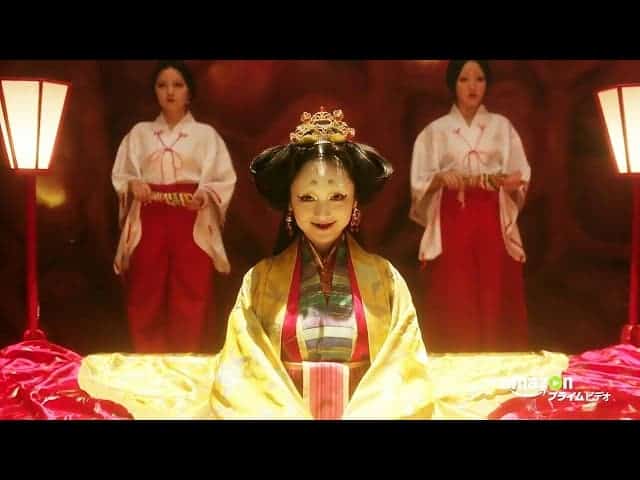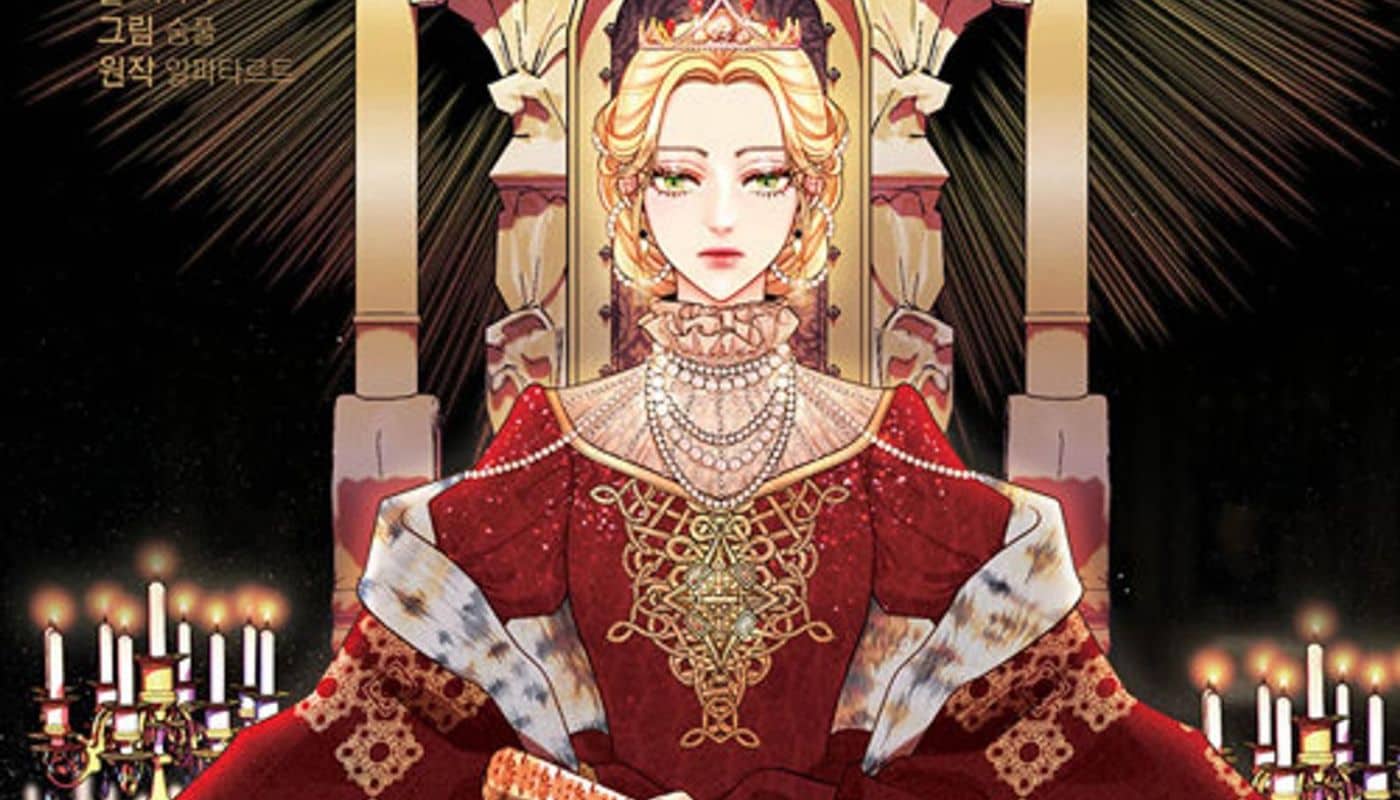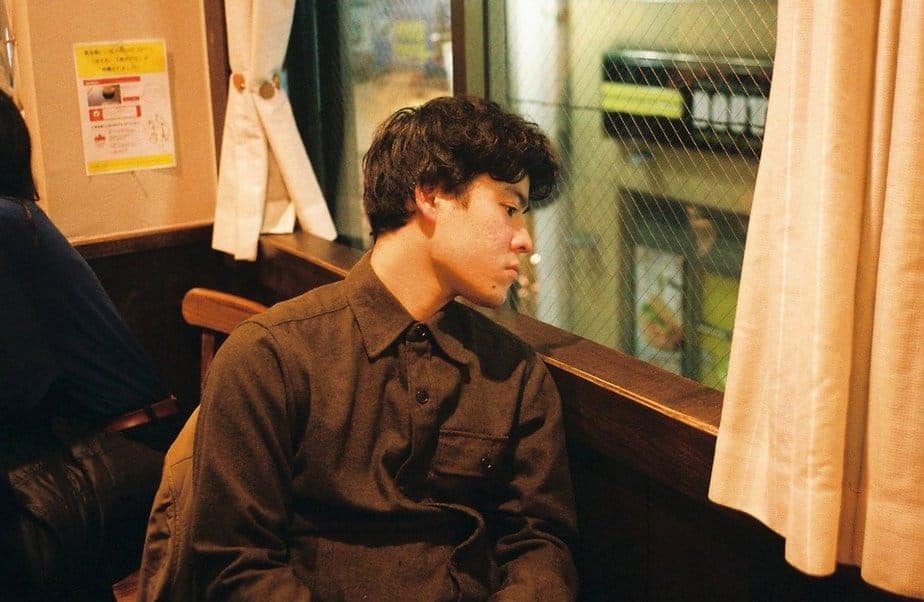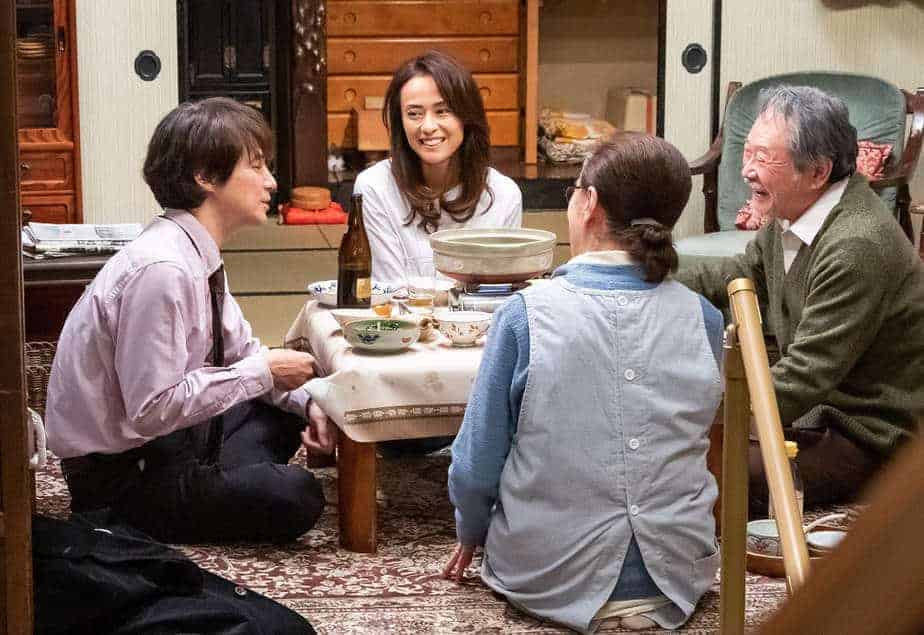One of the country's most prolific directors, Sion Sono has carved an impeccable reputation in working through all manner of genres featuring respectable fare every time out. This newest effort, a re-edited version of a nine-episode miniseries originally aired on TV in Japan, but now sold internationally in a near two-and-a-half-hour edit, shows the maverick at the top of his game and offering plenty of his trademark style on display.
On the verge of a global apocalypse, a clan of vampires lures a crowd of humans, including Manami (Ami Tomite) into a glamorous hotel in order to turn it into their own private blood farm. In the middle of the festivities, a rival family of vamps crashes the party and sparks a violent uprising, hoping to wipe their adversaries off the map for good. Soon, Manami finds herself caught up in the middle of the war and must try to decide which side she'll help overcome the other.
From the beginning, this one was quite enjoyable. The convoluted storyline, written by Sono himself from the TV series adaptations, does work in its favor and sets this one up rather nicely. That adaptation coming from the miniseries is obvious with the use of prophecies, sacrifice and different rivalries between the two families of vampires at the heart of the series. It's all quite detailed and unique by mixing together the European and Asian families, as there are numerous fun elements brought out here. The history of the European side is detailed in the first hour and why it means so much to fight them for the Japanese side is well-explained. As this all comes from the main series, nothing is really lost in this new version.
Equally as impressive is the dynamic visual flourishes. Nearly everything is striking in a grandiose manner, starting with the main hotel. Given a large gothic sheen in the old-school architecture, garish colors and overtly impressive design, these radiate with the visual flourishes, courtesy of set decorator Yoshio Yamada. The scenes in the hotel where the vampires distribute the guests into their rooms which come adorned with the separate color schemes give this another strong factor in the visual scene. Easily the most impressive is the underground headquarters used for the friendly vampires. It's a peaceful, dystopian setup that adds far more of a fantasy element than the gothic tropes established earlier. As well, the quirky sense of humor on display gives this even more of a strong visual sense. The sight of the aging vampire who needs blood to stay youthful and full-size or else will shrink down to a doll is a prime example, as well as the old mother vampire in the basement that they feed. The games the evil vampires play with the human guests make for exceptionally goofy times as well.
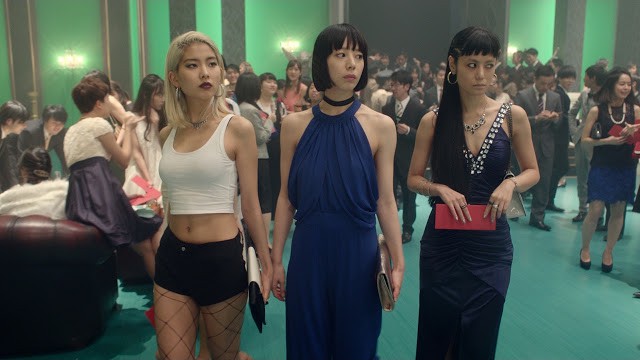
The action in the film is another major factor. Starting with the opening assault in the diner, this one manages an impressive overall pace that has plenty of stellar sequences. From the numerous chases through the city to capture Manami, the first meetings with the evil vampires and the initial gunfights in the hotel, the action here is quite enjoyable. The entire hotel sequence in the last hour features far more action, as this goes for the entire clan war. Both sides tear into each other here, from the gun-battles to the sword slashing and ripping people and vampires to pieces, as these sequences manage to feature all manner of crazy vampire action that lets the blood spill with abandon. The two scenes where the entire banquet hall is filled with bodies getting attacked looks spectacular. Filled with the vampires' impressive make-up effects, this scene stands out even more, offering plenty of impressive elements.
There isn't a whole lot to dislike with ‘Tokyo Vampire Hotel', apart, maybe, from the decidedly overlong running time. The fact that this one comes from a miniseries becomes apparent with the convoluted storyline that packs in a lot of plot points into the story. Furthermore, the jumps in the timelines going from Romania to Tokyo are done quite haphazardly and makes the story even harder to follow in terms of how to solve the identities of each family. It all just gives the movie a much longer running time than needed.
Frankly, this is easily one of the finest efforts of Sono's career. Packed with plenty of visual flourishes, frenetic action, and a stellar storyline, “Tokyo Vampire Hotel” manages to get a lot out of it which makes this an easy recommendation for fans of Sono's previous films or this brand of high-concept action/horror films.


